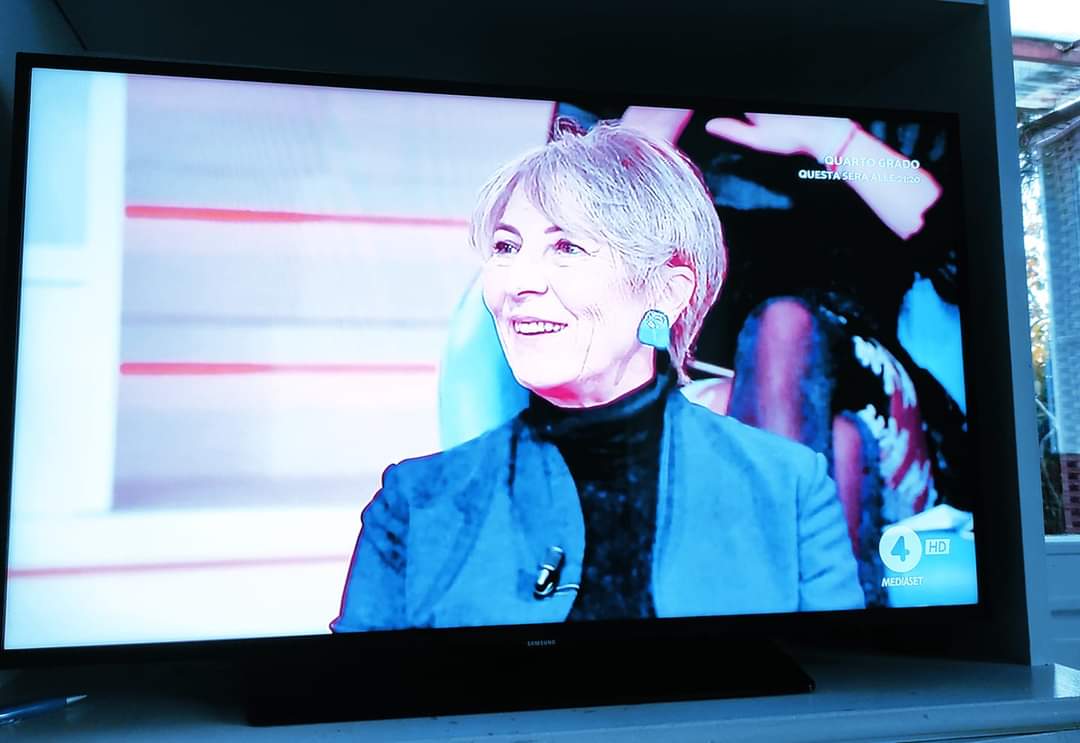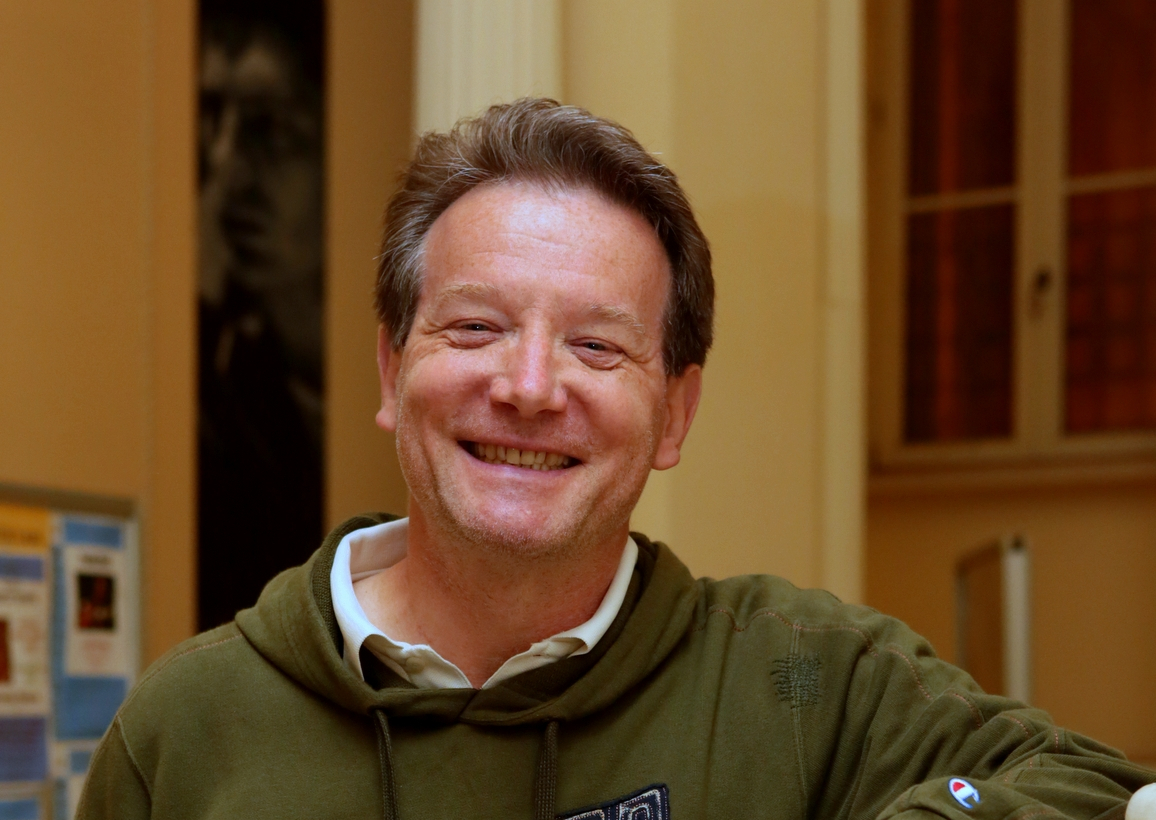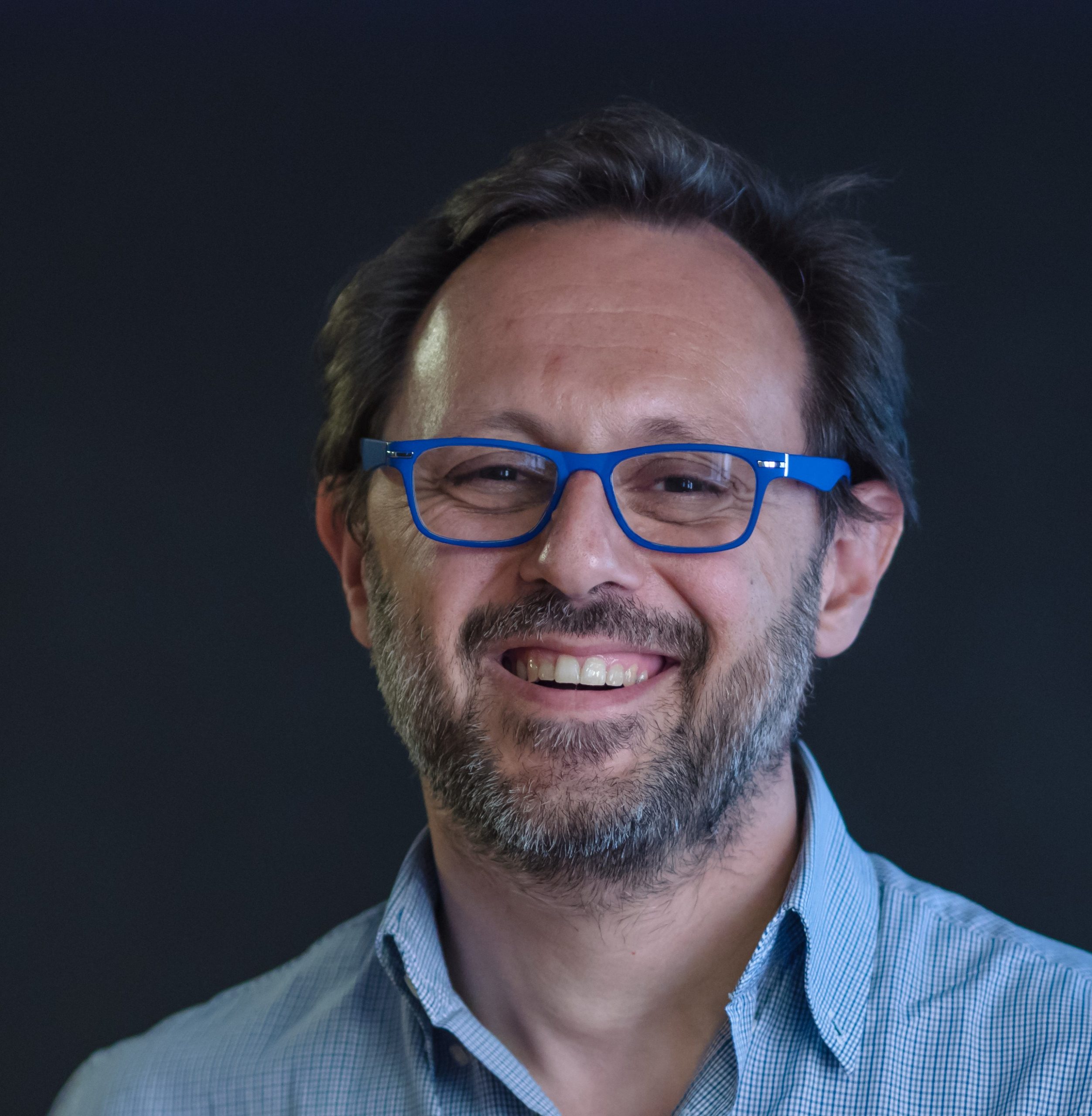About Us
Why UNISCA
UNISCA WAS BORN TO BRING TOGETHER THE CREATIVE, ARTS, AND ENTERTAINMENT INDUSTRY
It is a challenging and ambitious task. It requires a willingness to explore the entire creative ecosystem in depth, combined with an awareness of the dignity and importance of each of its elements, with the aim of enhancing their independence and uniqueness as fundamental elements of the wealth that comes from expressive, entrepreneurial, and territorial diversity.
Being part of UNISCA means participating in the construction of a common home where you can receive support for your own needs, in the necessary confrontation with the needs of others, to find together a synthesis that safeguards everyone’s interests and allows for concrete and unified actions, in order to obtain adequate attention and responses from institutions.
WELCOME, INCLUDE, COORDINATE
To this end, the associations that are part of UNISCA are called upon to share their analytical tools and contribute their know-how to the working groups, which will focus on both the most pressing needs and structural and systemic problems: from the lack of a “definition” of the sector to the proposal for general reform; from the delay in the national cultural and educational dimension, also in relation to the international context, to the reorganization and simplification of the regulatory jungle, up to the legal recognition of artistic and technical professions.
In the certainty that culture is the foundation for the construction of any civil society, UNISCA believes it is necessary and urgent that the creativity, experience, and mastery of artists, businesses, and workers make their voices heard in a unified, constructive, and visionary manner in order to
DEFEND ART AND BEAUTY FOR THE WELL-BEING OF PRESENT AND FUTURE HUMANITY.
MEMBERS AND AFFILIATES
The associations that partake in UNISCA
Member Associations
External Affiliates
JOIN IN!
The importance of being UNISCA

Giuseppe Boron
- Artista di strada

Serena Marchi
- Agente di lirico-sinfonica

Linda Brunetta
- Autrice radiotelevisiva

Angelo Valori
- Compositore e direttore d’orchestra

Carlo Testini
- Coordinatore Cultura Arci
Unisca è il luogo giusto per un’analisi di un settore molto variegato, dinamico e importante. Ragionare insieme su come tutelare davvero i lavoratori e rafforzare gli operatori del settore, profit e non profit, è una sfida davvero appassionante. Uniti, ce la faremo!

Claudio Angeleri
- Presidente Associazione Nazionale Scuole Jazz e Musiche Audiotattili
Straordinario lo sforzo realizzato da così tanti soggetti diversi per giungere alla creazione di un organismo di sintesi che consente un dialogo proficuo tra diverse professionalità della filiera dello spettacolo.
How to join UNISCA
GOVERNING BODIES
Board of Directors
Imprenditore e manager, il nostro Presidente opera dal 1994 nel comparto della musica e del suono per i media e la comunicazione.
Iscritto all’albo dei periti esperti del Tribunale Milano, presta consulenze in materia di diritto del lavoro e d’autore.
Svolge attività di formatore da oltre 35 anni per vari istituti, tra cui l’Università IULM di Milano.
Musicista e produttore, Massimo Pontoriero è attivo in numerose associazioni di categoria, per 14 anni segretario del sindacato dello spettacolo della CISL.
Massimo Pontoriero
Claudio Trotta
Maria Letizia Compatangelo
Claudio Formisano
Giovanna Maria Mascetti
UNISCA map
How UNISCA works
Documents
Certificate of Incorporation
This is the document registered at the time of UNISCA’s establishment by its founding members, testimony to the commitment of the original core group (open the document).
Bylaws
It is the primary constitutional document governing the association life of UNISCA (open the document).
Membership Policy
The Code of Ethics is a voluntary agreement between members to regulate ethical relations between them and between the Association and its external partners (open document).
Board of Directors Operating Procedures
This document regulates the admission procedures for UNISCA members (open document).
Technical Working Groups Guidelines
This document governs the procedures of the Association’s administrative body (open the document).
Communication Management Policy
This document explains how the most important tools of our Association should work (open the document).
Rules for the Management of Communications in UNISCA
This document regulates communication between UNISCA, its members, and all of the Association’s partners (open document).
UNISCA Electoral Regulations
This document regulates all aspects and stages of the electoral process within the Association (open document).
